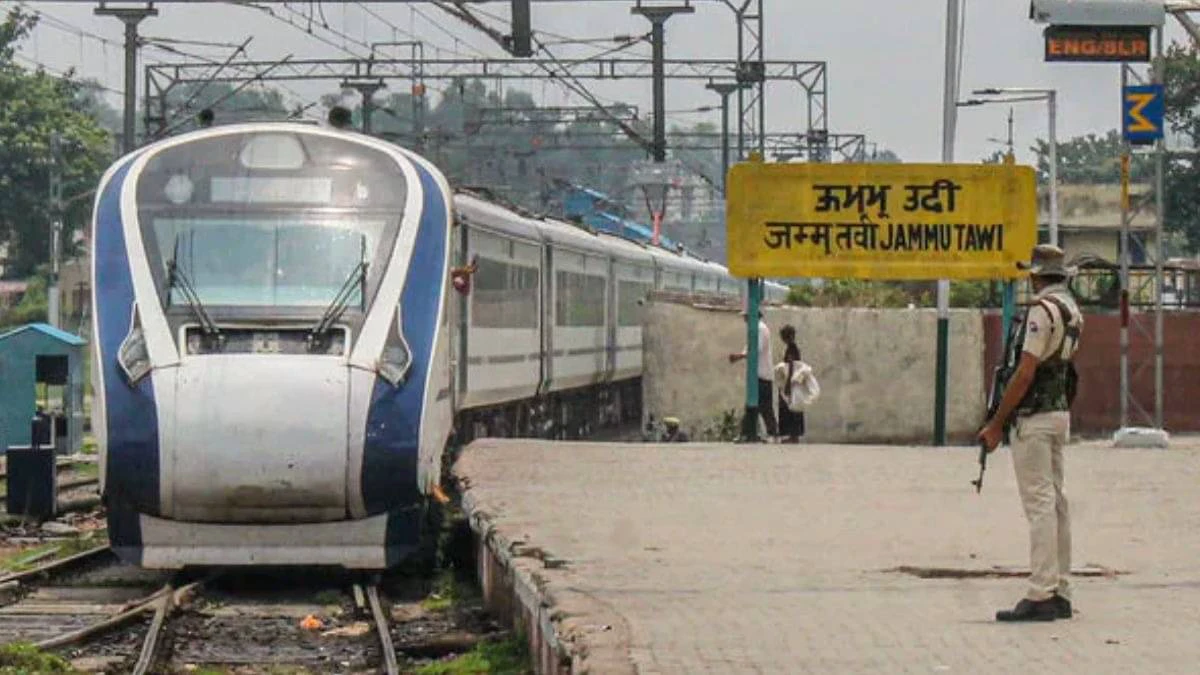New Delhi: The Ministry of Railways has announced a revision in the basic fare of passenger train services, effective from July 1, in a move to streamline fare structures and enhance the financial sustainability of passenger services.
According to Railway officials, the fare hike decision is expected to have a positive impact on the railways’ revenue generation and passenger experience. The Indian Railways, in a statement issued on Monday, stated that the revised fares, based on the updated Passenger Fare Table issued by the Indian Railway Conference Association (IRCA), vary across different classes and train types.
An official said, while suburban single journey fares and season tickets for both suburban and non-suburban routes remain unchanged, other classes will witness a fare hike. Ordinary non-AC classes in non-suburban trains will see a second-class fare increase of half a paisa per km, subject to certain conditions. Specifically, there will be no increase up to 500 km, followed by an increase of Rs 5 for distances between 501-1500 km, Rs 10 for 1501-2500 km, and Rs 15 for 2501-3000 km.
The sleeper and first-class fares will also see a similar increase, with the first class witnessing an increase of 0.5 paise per km. The mail and express trains will have a slightly higher fare hike, with second-class fares increasing by one paisa per km, and sleeper and first-class fares following the same pattern. AC classes, including AC chair car, AC 3-Tier/3-Economy, AC 2-tier, and AC First/Executive Class/Executive Anubhuti, will see a fare increase of two paisa per km.
How Will It Impact Various Train Services
The fare revision applies to premier and special train services such as Rajdhani, Shatabdi, Duronto, Vande Bharat, Tejas, Humsafar, Amrit Bharat, Mahamana, Gatimaan, Antyodaya, Jan Shatabdi, Yuva Express, AC Vistadome coaches, Anubhuti coaches, and ordinary non-suburban services. The government’s step is expected to generate additional revenue for the railways, which will help enhance service sustainability and streamline fare calculations.
Notably, ancillary charges such as reservation fees, superfast surcharges, and other applicable charges will remain unchanged. The GST will continue to be levied as per applicable rules, and fare rounding principles will follow existing norms. The officials cleared the confusion, saying, the tickets issued before July 1 will remain valid at the existing fare without any fare adjustment.
Implementation And Expected Revenue Generation
The Ministry of Railways has issued necessary instructions to all Zonal Railways to ensure the smooth implementation of the revised fare structure and update fare displays at all stations. The PRS, UTS, and manual ticketing systems are being updated accordingly to reflect the new fare structure.
In addition to the fare hike, Indian Railways will enforce changes in Tatkal booking rules. Starting July 1, only Aadhaar-authenticated users will be able to book Tatkal tickets on the IRCTC website or app. It means, from July 15, an OTP-based Aadhaar authentication will become mandatory during the Tatkal booking process.
The fare hike is expected to generate an additional revenue of over Rs 1100 crore for the remaining period of the current financial year. For the complete financial year, the additional revenue generated would have been over Rs 1450 crore. According to the Railways’ projection, the total passenger revenue for FY26 is expected to be Rs 92,800 crore.
